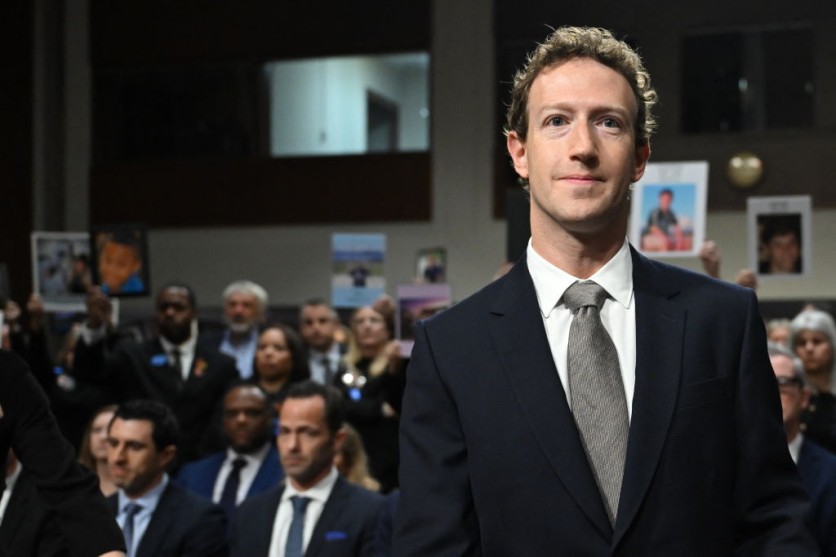Meta's official lobbying file revealed last week that Facebook's parent company spent $7.6 million lobbying the US government in the first few months of 2024.
This figure represents more than a third of Meta's lobbying spending last year, a 64% increase from the fourth quarter of 2023. According to The Verge, the increase in lobbying funds demonstrates the close monitoring of Meta and its business partners for data privacy, internet safety, and content moderation.
Meta spokesman Daniel Roberts ascribed the steep increase in lobbying spending to operational costs, including compensation timing adjustments and an increased stock price.
Meta Beats Rivals
In the recent quarter, Meta spent much more lobbying than other tech companies. It quadrupled Apple, Google, and Microsoft's lobbying spending closer to $2 to $3 million. Amazon spent $4.4 million, second to Meta.
Despite significant legislative changes affecting the computer industry, Meta's lobbying report does not identify its involvement with the Protecting Americans from Foreign Adversary Controlled Applications Act or the foreign aid package. According to Roberts, Meta did not lobby for the Act.
Meta's Q1 disclosure shows that it lobbied for the Kids Online Safety Act, COPPA, and the Protecting Kids on Social Media Act, which would require social media users to be age-verified. Meta also discussed the Foreign Intelligence Surveillance Act's renewal, tech's Section 230 liability shield, foreign data flows, encryption, subsea cables, taxation, and political advertisements.
In the fourth quarter of 2021, former employee turned whistleblower Frances Haugen revealed internal documents demonstrating the company's awareness of its services' negative impact on teens, setting Meta's previous lobbying record.
Meta's January-March lobbying report does not include a TikTok ban. It shows that the firm lobbied US Congress and the White House on "Homeland Security" issues, according to Sludge. The tech giant lobbied on cybersecurity, data security, encryption, platform integrity, election integrity, content policy, terrorism, voter suppression/interference, political advertisements, and disinformation policies, according to the declaration.
Meta's disclosure resembles discussions about TikTok and ByteDance, its Chinese parent firm. This includes concerns that China may use the app to acquire Americans' private data and influence politics.

Big Tech Lobbying Raises Concerns
Separately, a report from Euronews disclosed the surging lobbying of major tech companies. In December, Corporate Europe Observatory (CEO) and LobbyControl reported that tech giants' Brussels lobbying has increased to €113 million ($121 million) a year to influence EU digital legislation.
According to research, 651 corporations and groups spend over €113 million annually lobbying for EU digital legislation. This is a 16.5% increase from 2021's €97 million ($103 million). The top 10 digital businesses spend €40 million ($42 million) on lobbying, more than a third of the total.
The Digital Markets Act (DMA), Digital Services Act (DSA), and the EU's proposed AI laws have fueled this increased lobbying. CEO and LobbyControl note that these advances have prompted technology businesses to lobby more.
Both NGOs want stronger lobbying laws to balance the tech sector's overwhelming influence. The study uses yearly company filings to the EU's Transparency Register but excludes consultants' lobbying on behalf of businesses.
Bran Vranken of the Corporate Europe Observatory stressed the need to limit financial influence on EU decision-making. He warned that digital behemoth lobbying threatens important laws and democratic decision-making.
Alberto Alemanno, Jean Monnet, a professor of European Union Law at HEC Paris and creator of The Good Lobby, says that IT corporations facing strict EU digital restrictions prefer lobbying EU regulators. He said these firms use their technical skills to dominate and promote themselves as the top technology safety and protection authority.
Related Article: Instagram's Threads Addresses Hate Speech with New Feature

ⓒ 2026 TECHTIMES.com All rights reserved. Do not reproduce without permission.




